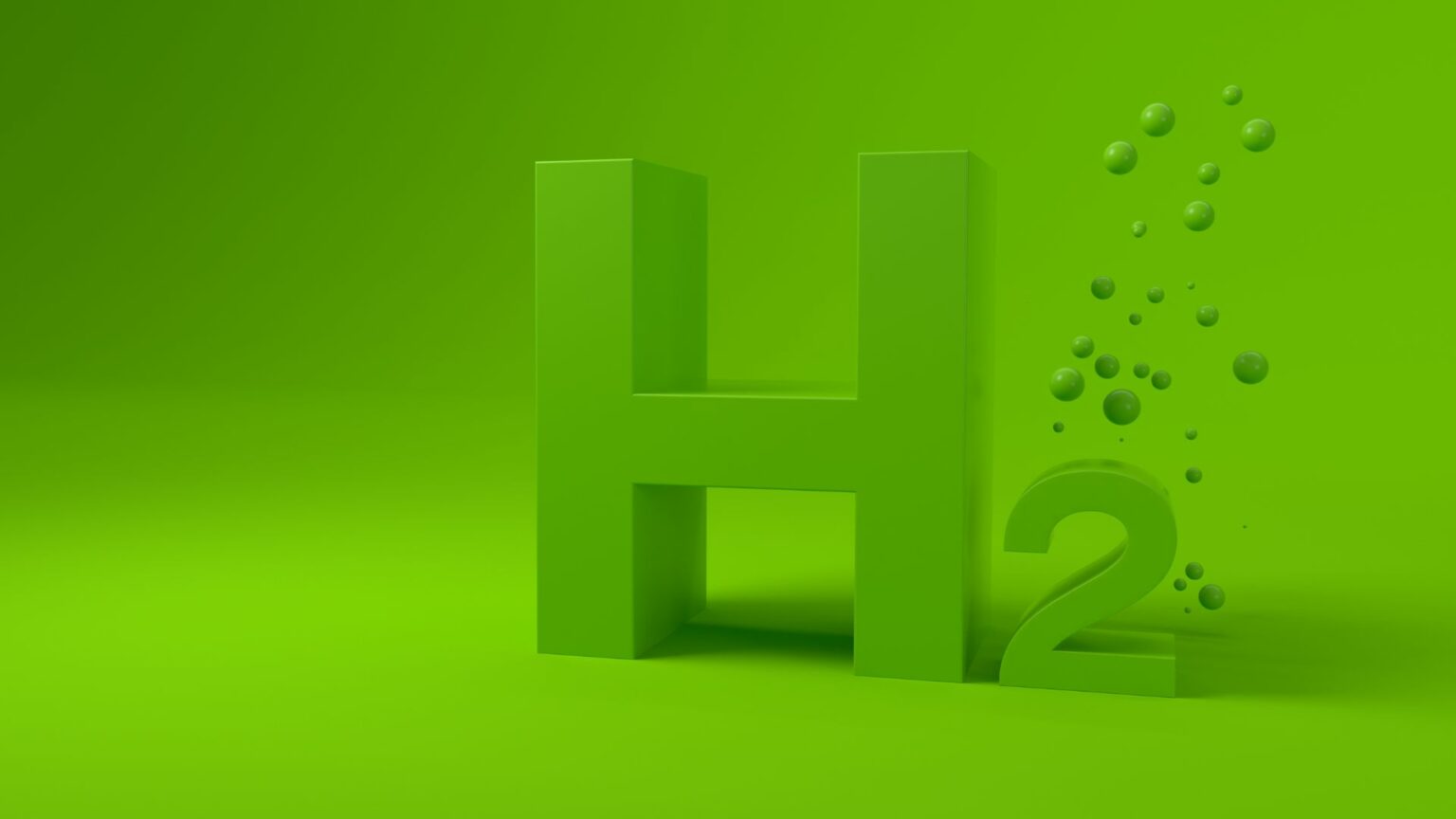Jordan has taken a formal step toward establishing itself as a green hydrogen production hub in the Middle East, following Cabinet approval of a comprehensive national framework designed to unlock investment and accelerate project implementation.
The framework comes at a pivotal moment as countries across the Gulf and North Africa deploy massive state-backed hydrogen initiatives. Unlike its oil-rich neighbours, Jordan is banking on its underutilised renewable energy potential—particularly solar and wind—along with expansive desert land and a liberalised investment environment to differentiate itself.
Central to the framework is the establishment of a dedicated industrial zone within the Aqaba Special Economic Zone Authority (ASEZA). This area will host green hydrogen plants and water desalination facilities, with the port city of Aqaba earmarked for shared infrastructure development. Planned assets include desalination units, ammonia storage, and export terminals—all key components for making large-scale hydrogen production and export technically and commercially viable.
The policy framework also addresses a major bottleneck for international developers: regulatory and procedural ambiguity. Jordan’s mechanism outlines a stepwise contractual process—from memoranda of understanding (MoUs) through feasibility studies to land-use agreements and final investment contracts. The use of existing laws, including the Investment Environment Law and the ASEZA Law, provides legal scaffolding for long-term agreements and incentives.
In parallel, a national green hydrogen committee has been formed to coordinate across ministries and align investments with national development goals. The inclusion of food security, export enhancement, and broader green economy aspirations in the hydrogen strategy suggests an integrated policy perspective rather than a narrow focus on energy transition alone.
Of the 13 MoUs signed with international and domestic energy players, six have progressed to the land allocation stage. Among these are Jordan-based Philadelphia Solar and Germany’s Enertrag, both recently granted land-use agreements to conduct advanced feasibility studies. These projects are now expected to undertake detailed renewable energy resource assessments as part of final feasibility determinations.
The transition from MoU to land-use agreement represents a critical milestone in hydrogen project development, where many early-stage initiatives globally remain stuck due to permitting, land access, or infrastructure uncertainties. By facilitating this transition, Jordan demonstrates a degree of procedural maturity uncommon in nascent hydrogen markets.
Whether this strategy will translate into exportable volumes by 2030 remains uncertain. Much depends on offtake agreements, global hydrogen demand signals, and Jordan’s ability to secure project financing.
Stay updated on the latest in energy! Follow us on LinkedIn, Facebook, and X for real-time news and insights. Don’t miss out on exclusive interviews and webinars—subscribe to our YouTube channel today! Join our community and be part of the conversation shaping the future of energy.
